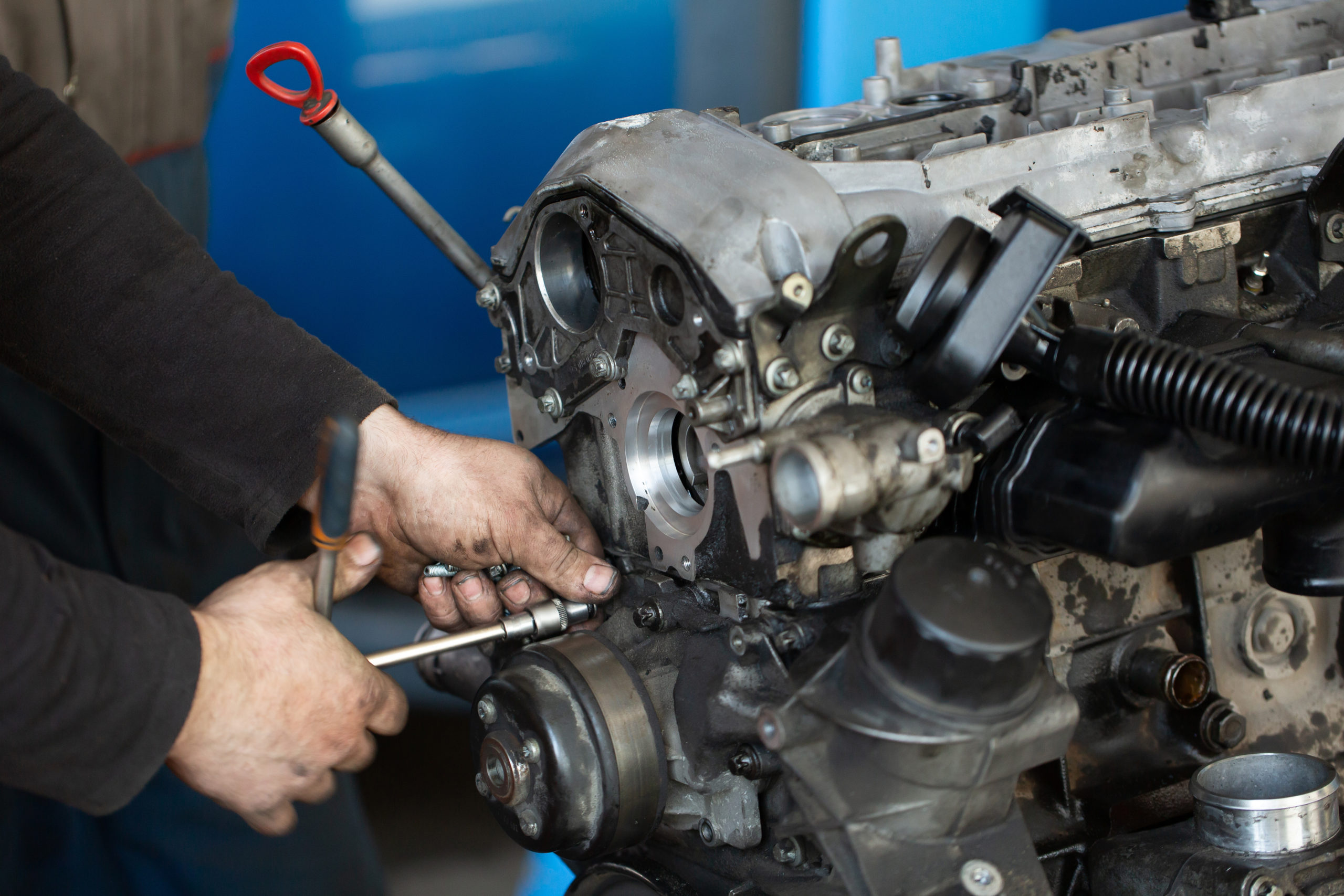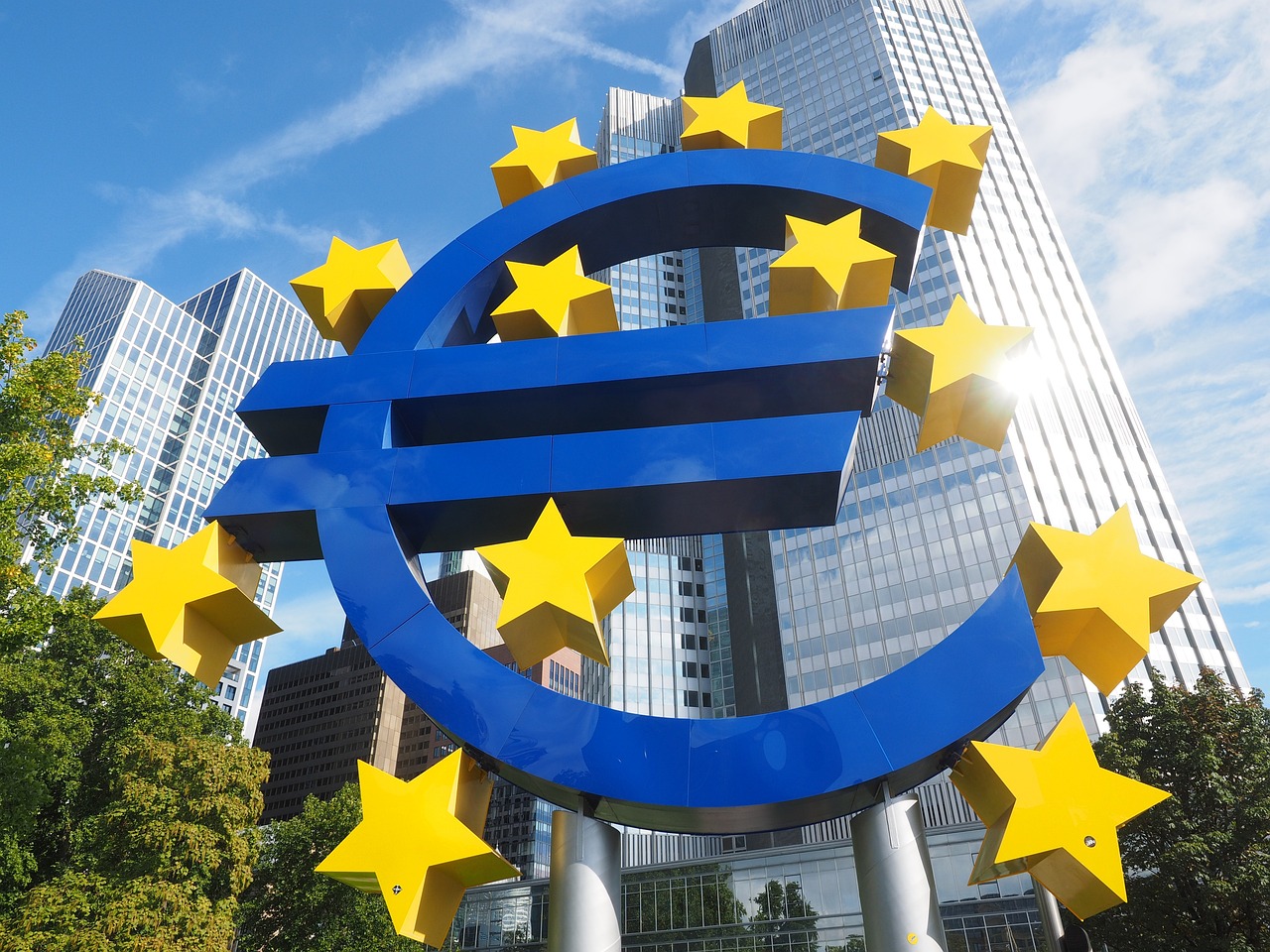What seemed like a done deal with regards to banning polluting combustion engines by 2035 across the EU and transitioning to electric vehicles, is now more uncertain than ever following Germany’s unprecedented decision to back down from a preliminary deal.
The EU Commission, Parliament and Council of Ministers had reached a preliminary deal in 2022 which would force carmakers to reduce new car emissions by 55 per cent in 2030 relative to 2021, and by 100 per cent in 2035.
This meant that the sale of new cars which burn fossil fuels would have to be banned.
Germany, among other countries which have a sizeable automobile manufacturing industry, were calling for exceptions for cars which were capable of using e-fuels/synth fuels that could be produced through the use of renewable energy and carbon capture technologies.
However, the EU Commission did not make a proposal on this regard, which led to Germany withdrawing its support from the ban.
“The EU Commission should propose regulation that allows combustion engines to be registered after 2035, if they can verifiably only be fuelled with synthetic fuels,” the German Transport Minister had told reporters in February 2023.
Other countries opposing the blanket ban and calling for an exception for e-fuels include Austria, Italy, Poland, Bulgaria and the Czech Republic.
However, other EU countries, namely France, Spain, Belgium, Sweden, Denmark, Ireland and the Netherlands are firmly against re-opening talks on the subject, according to Politico.
The main point of contention is that it would undermine Europe’s claim of being a global leader in the fight against climate change, slow down the transition to electric vehicle and weaken the EU’s efforts in building a domestic battery production industry.
Unless a compromise is found or one side backs down this debate risks creation further friction within continental Europe.
US tariffs force EU to slash growth forecasts as trade war fears grow
Global trade tensions, particularly US tariff policies, have cast a shadow over Europe’s economic prospects
Hotels, restaurants, and plenty of exposure: The economics of hosting Eurovision
Previous hosts reported benefits way after the end of Eurovision
Unlikely EU will get rid of all US tariffs and is prepared for retaliation
The latest in the on-going trade disputes between the two major economies






